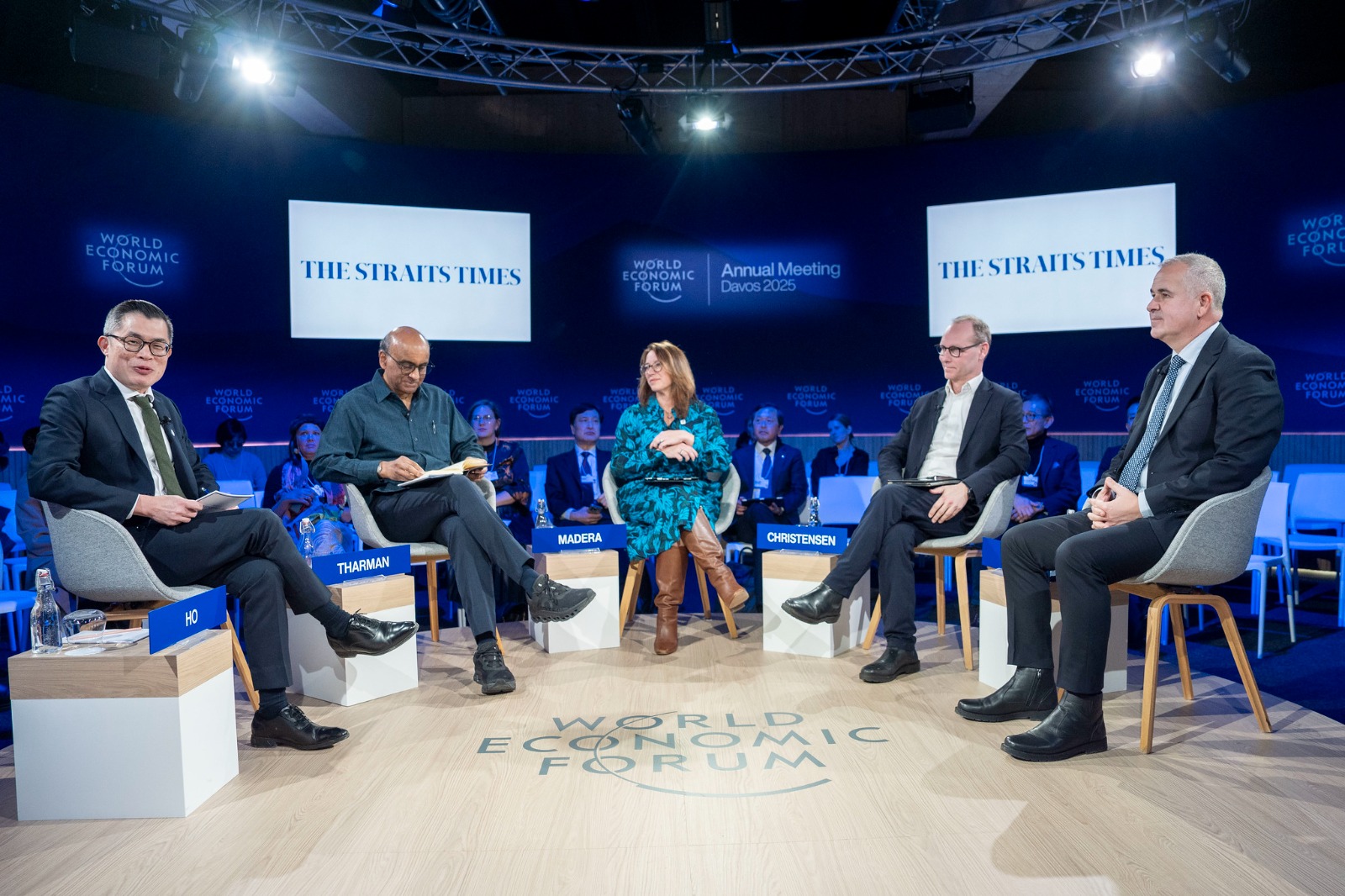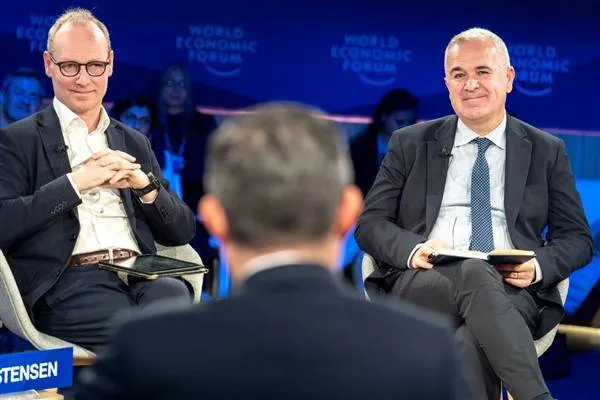We Must Align Our Businesses with Nature
The annual meeting of the World Economic Forum (WEF), traditionally held in the Swiss town of Davos, brought together the world’s leading thought leaders. This year’s summit, themed “Collaboration in a Smart Era,” saw the participation of over 3,000 individuals, including heads of state, government officials, business leaders, academics, media representatives, civil society organizations, and young leaders.
The annual meeting of the World Economic Forum (WEF), traditionally held in the Swiss town of Davos, brought together the world’s leading thought leaders. This year’s summit, themed “Collaboration in a Smart Era,” saw the participation of over 3,000 individuals, including heads of state, government officials, business leaders, academics, media representatives, civil society organizations, and young leaders. During the sessions, global issues and potential solutions were discussed, with a strong emphasis on sustainability strategies and action-oriented global collaborations.
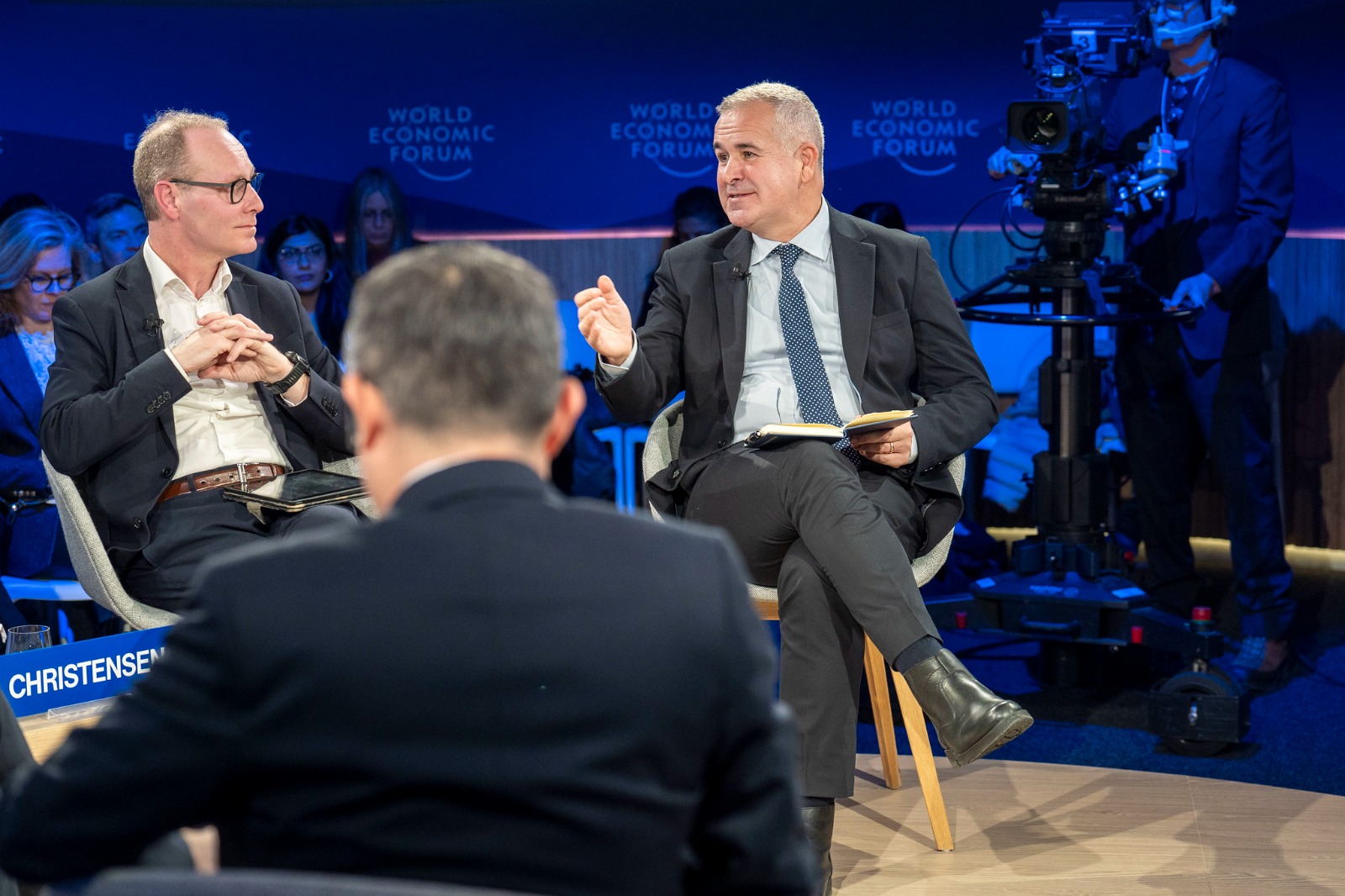
Sabancı Holding CEO Cenk Alper was once again among the leaders representing Turkish business at Davos this year. On the second day of the event, Cenk Alper spoke at a panel titled "Aligning with the Three Markets of Nature," which was attended by prominent thought leaders in sustainability.
Sharing the stage with Carbon Disclosure Project (CDP) CEO Sherry Madera, Greenpeace Executive Director Mads Christensen, and Singapore President Tharman Shanmugaratnam, Cenk Alper highlighted the importance of viewing sustainability as a new economy and emphasized the necessity for companies to act responsibly in carbon, water, and biodiversity management to achieve 2050 targets.
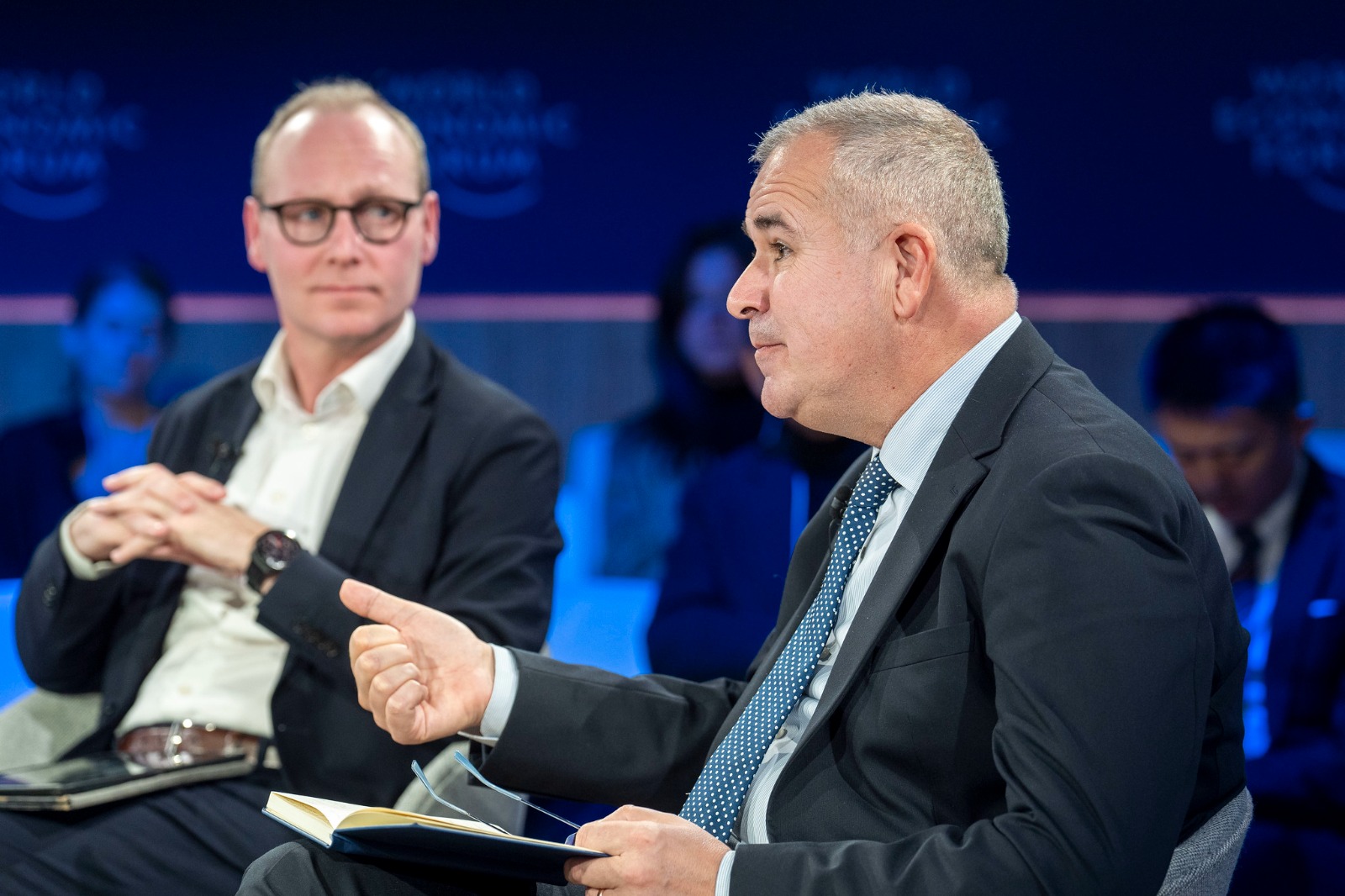
“The Biggest Cost to Our Businesses is Doing Nothing”
Cenk Alper stated, “We have long passed the stage of debating the existence of sustainability-related risks. We are now at a point where all stakeholders must take action rather than just generate ideas in alignment with common sense. Today, a new economy centered around sustainability is emerging in the world. To leverage the opportunities this new economy offers, we must align our businesses with nature, rather than forcing nature to align with our businesses. This doesn’t create additional costs; on the contrary, the biggest cost to our businesses is doing nothing.”
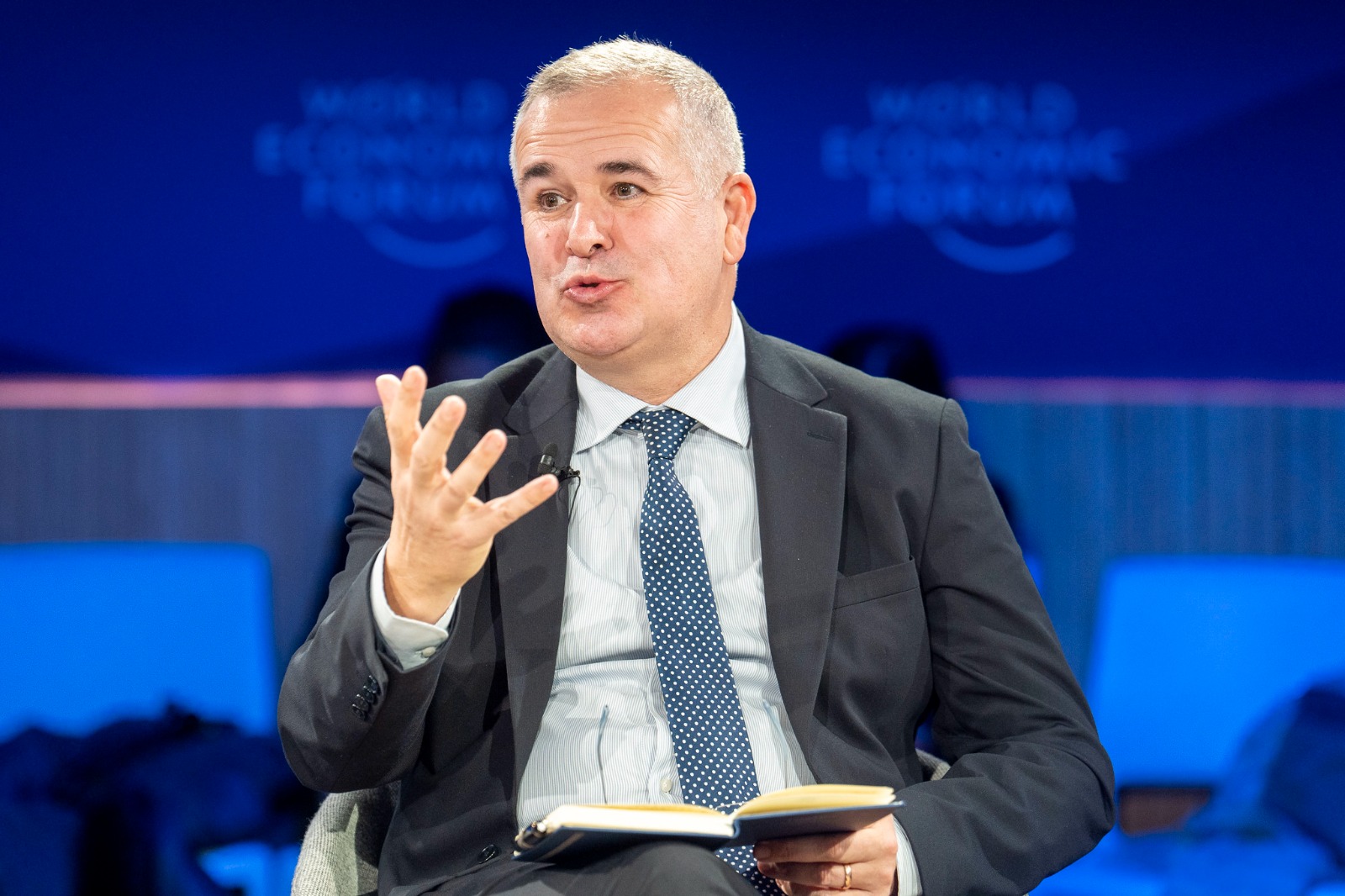
Alper also emphasized the importance of credit and financing solutions in carbon, water, and biodiversity fields to achieve sustainability goals. He added, “However, trying to implement all of these simultaneously could cost us significant time. We cannot afford further delays in achieving sustainability targets. Therefore, progressing step by step, developing these areas as we move forward, is much more effective than waiting to achieve all steps at once. In doing so, the achievements of the technology industry can serve as a very instructive example for the world of sustainability. Just as in the technology sector, where a product is launched and continually improved based on market demand, a similar agile business model can be devised for sustainability.”
